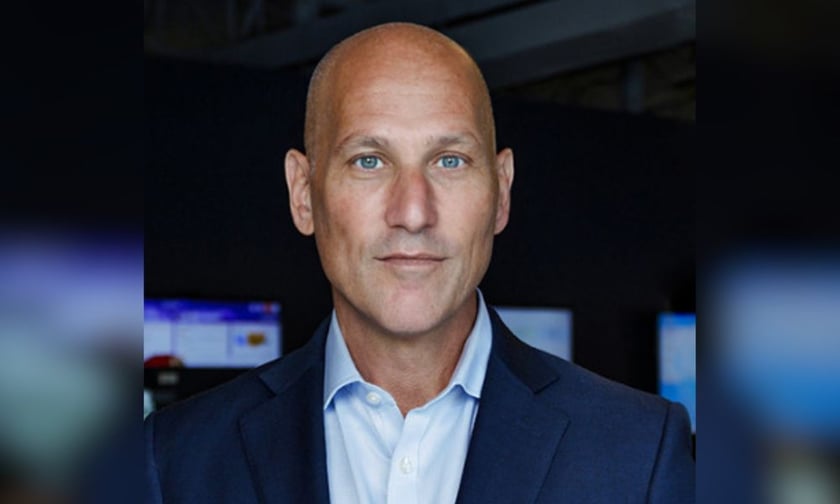

Skyward Specialty Insurance Group chairman and CEO Andrew Robinson (pictured above) has instructed the company to terminate relationships with firms involved in litigation financing, a practice he said contributes significantly to social inflation within the insurance industry.
Robinson disclosed the decision after identifying that an alternative asset manager working with Skyward was participating in litigation finance. He said the company has since "shut off" the relationship and is currently redeeming its assets with the firm.
In addition, Skyward had a trading relationship in the representations and warranties sector with a company engaged in contingent work that included elements of litigation financing.
Robinson said that the firm has since reduced its involvement in the litigation finance space, which he described as a minor portion of its operations.
"I effectively told our executive team that we, having discovered this, we can't have that anywhere near us," Robinson said in a report from AM Best. "This is wrong at all levels.”
He said that the presence of litigation financing in the insurance ecosystem contributes to higher product costs and reduced availability. He said the practice affects pricing and coverage levels, which ultimately impacts policyholders.
"We're not going to trade with anybody who's involved in this," Robinson said.
Litigation finance involves third-party funding of legal cases in exchange for a portion of any financial award. Critics argue that it incentivizes more litigation, including lawsuits viewed as speculative, and can result in higher verdict amounts.
Robinson described the broader tort system as "broken" and said litigation finance exacerbates the trend toward increased legal activity. He acknowledged that structural reform is necessary but emphasized Skyward’s role in mitigating the impact.
"You have to get to the root cause and toward reform," he said. "But, that said, we could do our part."
In April, Georgia enacted significant tort reform through Senate Bills 68 and 69, marking the most comprehensive overhaul of the state's civil litigation system in nearly two decades. Gov. Brian Kemp signed these bills into law, following a legislative session that prioritized legal system reforms aimed at reducing litigation costs and stabilizing insurance premiums.
Senate Bill 68 introduces several procedural and substantive changes to Georgia's tort law. Key provisions include limiting the use of "phantom damages" by ensuring that awards are based on actual medical expenses paid, rather than inflated billed amounts.
The bill also addresses "anchoring" tactics in jury arguments, where plaintiffs suggest high compensation figures without evidentiary basis, and modifies liability standards for property owners in cases involving third-party criminal acts.
What are your thoughts on this story? Please feel free to share your comments below.
